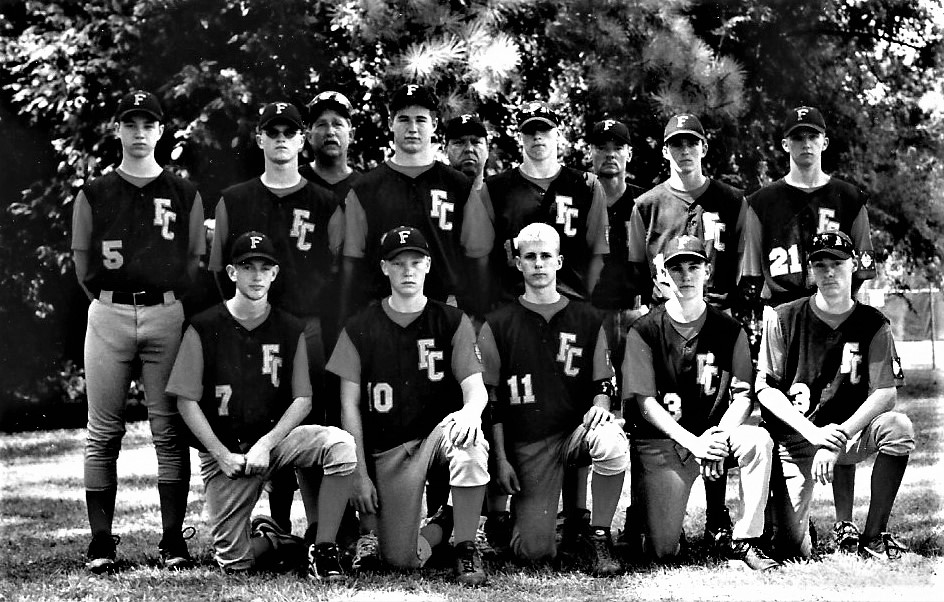
Winning a state championship in any sport, at any level, is a special accomplishment. The 2000 Fannin Summer League baseball team did exactly that and, in recognition of that auspicious feat, has been selected as the Fannin County Sports Hall of Fame team to be honored as part of the 2020 induction class.
The 2000 Fannin Summer League baseball team consisted of a group of 15 and 16-year-old youngsters who competed in the Dizzy Dean Baseball League. The Fannin team was short on numbers with only eleven players, but long on determination and talent. The members of the team had competed with or against each other since T ball age and would continue to compete together as members of the Fannin County High School baseball team. But the summer of 2000 saw them unified in their quest for the Georgia State Dizzy Dean Championship.
Leading the Fannin boys were coaches David Lunsford, Gerald Williamson and Greg Nazerian. During the academic year Lunsford was the head coach of the Fannin County High School Rebels baseball team. Williamson and Nazerian were old pros at the baseball coaching trade having guided youngsters in various competitive baseball leagues for a number of years. The triumvirate established a special chemistry early in the season. Lunsford says “Williamson masterminds the operations. He gets it done. Nazerian coaches first base and is an easy-going guy whom I depend on for support on and off the field”.
The Fannin boys kicked off the 2000 season on May 27, in an early season tournament in Boynton, Georgia. They finished the tourney as runners-up with a 3-1 record. During the remainder of the regular season, which essentially extended through the month of June, the team posted a record of 5 wins and 4 losses, giving Fannin a so-so record of 8-5 entering tournament play. With only 11 players, every member of the team was called upon to contribute to the cause. Regular season team highlights included two victories over Gilmer County, two wins over Dalton and a 16-1 pasting of Lafayette. Individual players with stellar performances included pitcher Daniel Lunsford who twirled a complete game 2-hitter against Lafayette and outfielder Chris Sosebee who clouted a grand slam home run in the June 20th game with Gilmer County and had 4 RBIs in a game against Dalton.
The District Dizzy Dean Tournament began at the Fannin County High School field on Friday, June 30, and was scheduled to run through Saturday, July 8. The Fannin boys entered the tourney as something of a dark horse team. The starting pitching rotation of Brandon Bradburn, Anthony Cheatham and Daniel Lunsford would be severely challenged if Fannin managed to advance very far in the tournament. The challenge increased dramatically when Rome knocked off Fannin, 4-1, to send the locals to the losers’ bracket. Outfielder John Michael Croft scored the only Fannin run and the pitching duties were shared by Daniel Lunsford and Brandon Bradburn.
After the loss to Rome, the Fannin boys regrouped and won three consecutive games over Rockmart, West Cobb and Woodland to set up a return match with Rome on Friday, July 7. The winner would advance to the finals on the following day against Adairsville. With Bradburn on the mound and catcher Brandon Williamson making two great throws to nab runners trying to steal, Fannin shut out their nemesis from Rome, 3-0, and climbed their way out of the losers’ bracket to face Adairsville for the tournament championship. Fannin would need to defeat Adairsville twice to win the title since Adairsville had not yet lost a game. Fannin won the opener but dropped the nightcap to finish as runners-up in the District Tournament. Both teams, however advanced to the State Dizzy Dean Tournament in Boynton, Georgia beginning on July 15.
Entering the State Tournament, Fannin would boast a starting lineup of Hutson Vann at first base, reliable glove-man Michael Cornelius at second, Bradburn at shortstop when not pitching and Stephen Nazerian at third base. Outfielders would be Kurk Conklin, Matt Henson, Daniel Lunsford (when not pitching) and Anthony Cheatham, again when not pitching. Backup help in the outfield would come from Chris Sosebee and John Michael Croft. Brandon Williamson handled the catching. Nazerian and Vann were both big hitters each producing a lot of doubles and RBIs. Coach Lunsford had this to say about Nazerian: “He is a slick fielding player. He makes a lot of highlight plays. He has a good glove and will help produce a lot of key runs for us in the tournament”.
Although all 11 players made significant contributions, Matt Henson was undoubtedly the key to the team’s success. Lunsford made these comments about Henson: “Henson is the best all-around player on the team. He plays wherever you need him.” After his high school days Henson was awarded baseball scholarships to Young Harris and then to UNC-Asheville and has been inducted into the Fannin County Sports Hall of Fame for his individual accomplishments.
In the State Tournament, Fannin again fell into the losers’ bracket by dropping a 9-4 decision to Adairsville in their second outing. Undaunted, the Fannin boys reeled off four consecutive victories and found themselves facing Rome on Saturday, July 22 with an opportunity to win the State Championship. Rome had not yet lost a game in the tourney so Fannin would need to sweep two games to capture the title. Leading up to the championship series, several members of the team made memorable contributions. In the game with the Sequoyah Pirates on Tuesday, July 18 Henson had 4 hits and 3 RBIs and Stephen Nazerian blasted a bases loaded double to drive in three big runs. Brandon Bradford pitched a complete game in a 5-2 revenge victory over Adairsville on Wednesday, July 19. On Friday, July 21, Cheatham, Lunsford and Henson combined to limit the Sequoyah Indians to one run in an 11-1 Fannin victory.
In the first game against Rome on Saturday, July 22, young Anthony Cheatham pitched what his coaches called “probably the best 7 inning game he has ever had” as Fannin moved one step closer to the State Championship in a tension-filled 4-3 victory. Kurk Conklin was the offensive hero with two huge RBIs. Fannin had just enough left to win a wild nightcap 9-7 and win the Georgia Dizzy Dean State Championship. The winning run was scored on a double steal that brought Manager Lunsford to say “we are not known for our speed. We very seldom win games by stealing bases. We hit a lot of singles”.
Winning the Georgia State Championship entitled the Fannin boys to play in the National Dizzy Dean Tournament at the recently completed, world-class Snowden Grove Baseball Complex in Southaven, Mississippi beginning on July 29, 2000. The immediate challenge was raising enough money to make the trip and the coaches and player parents immediately ‘hit the streets’ to solicit financial help from local merchants and citizens. The community support was strong and the Fannin team soon found themselves in rooms at the Adam’s Mark Hotel in Memphis awaiting their opener in the World Series in Mississippi just south of the Tennessee border.
The Fannin County Summer League Baseball team won two games and lost two games at the World Series to finish 5th in the Nation. They defeated the Southaven host team in the opener to the tune of 12-0 and also topped Summerton, Alabama, 4-2 in a brilliant complete game 4-hitter by Brandon Bradburn.
A small group of eleven young men and three coaches brought glory to Fannin County during a short two-month span in the summer of 2000. In case you missed it, it was quite a ride.




















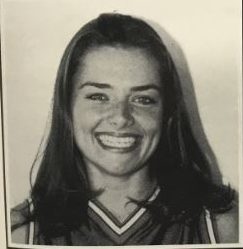






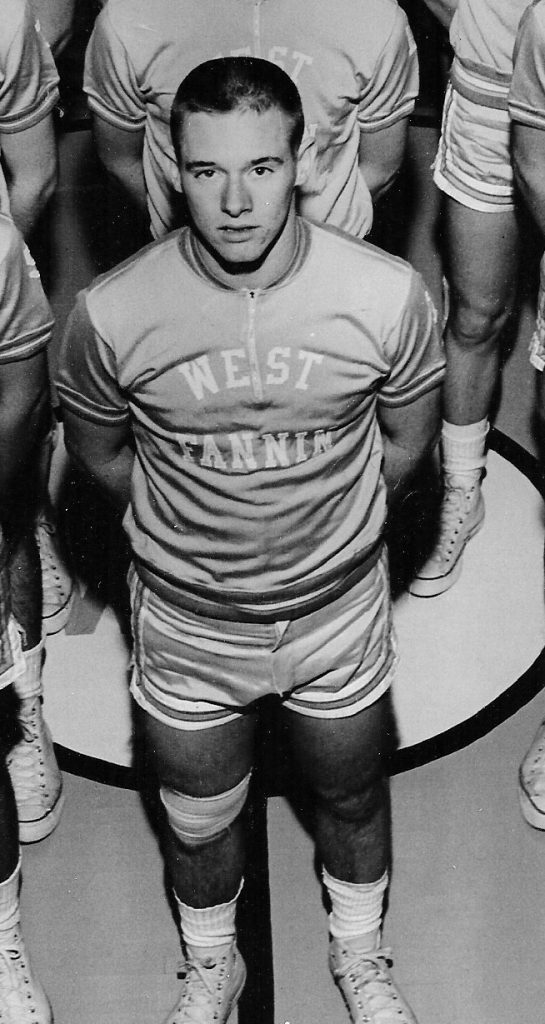



























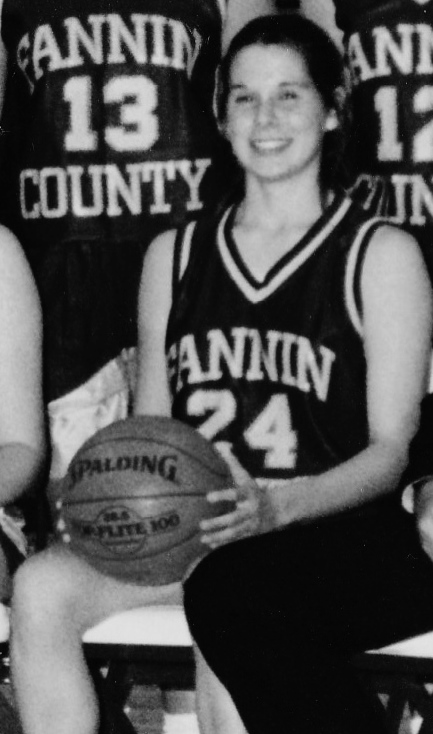













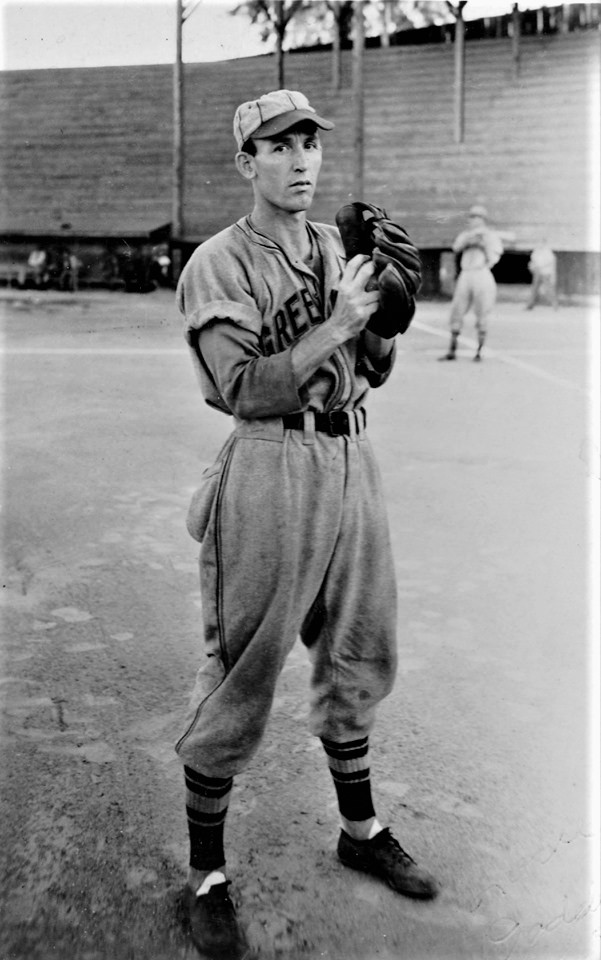











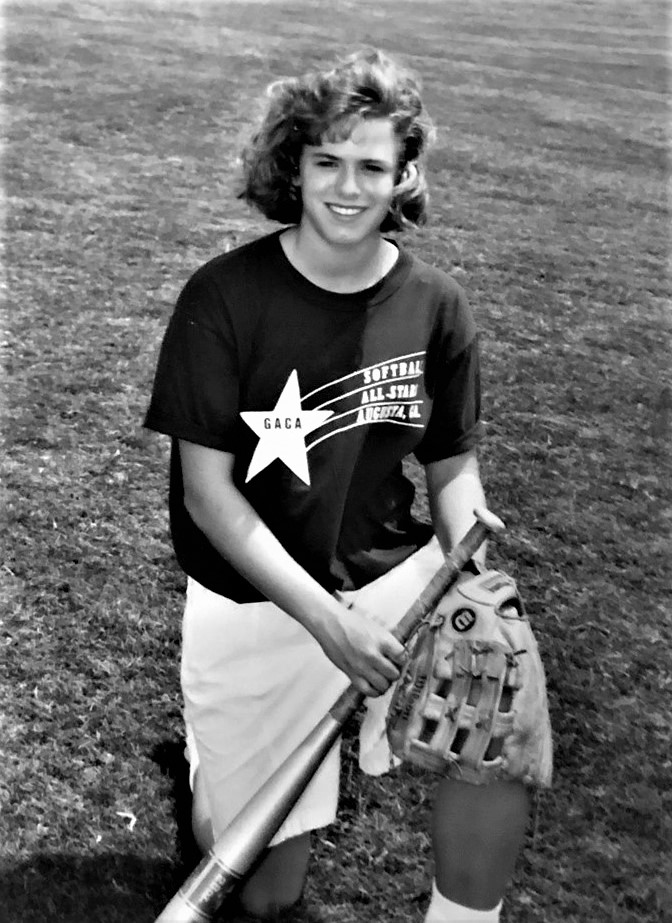



















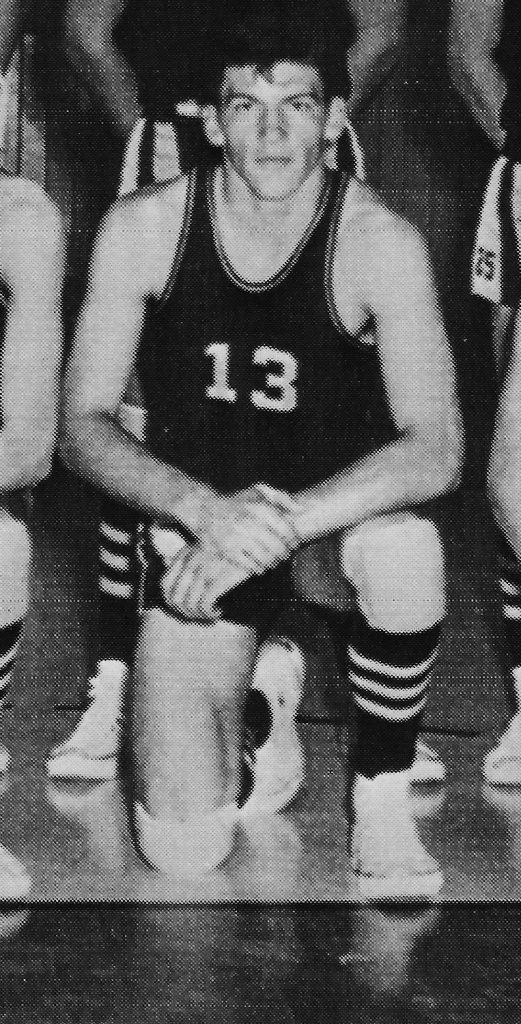


























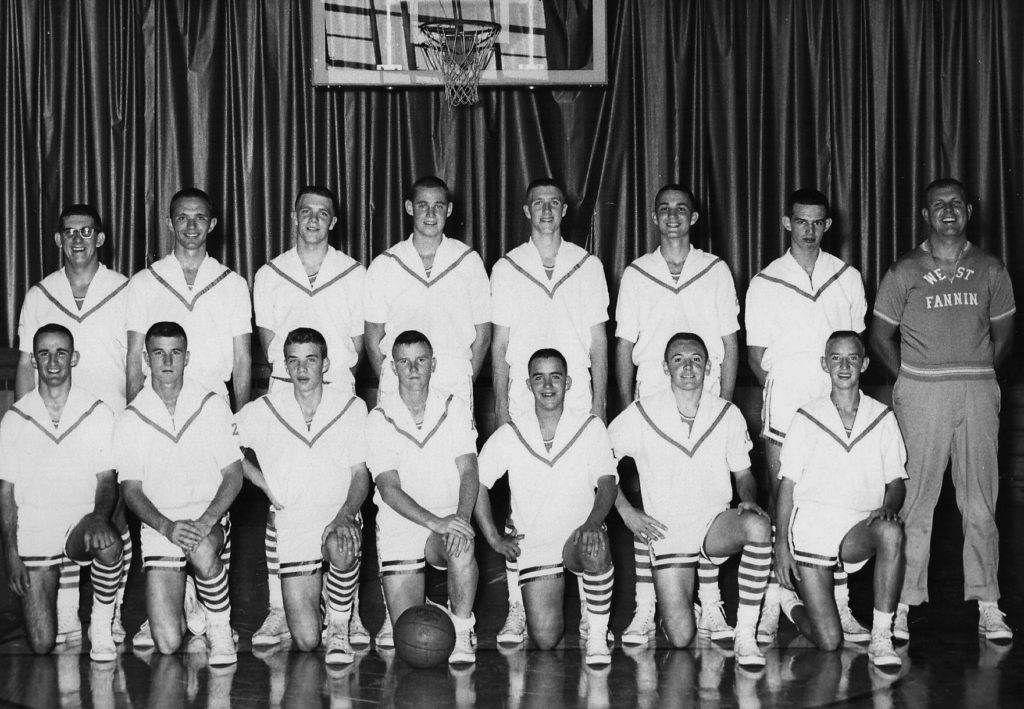 In his 14 years as head coach of the West Fannin High School boys basketball teams, Tom Foster led seven squads to the State Tournament. The 1963-64 team advanced to the semi-finals of the Class AA State tourney, the only team in school history to advance to that level. In recognition of their singular accomplishment, the 1963-64 West Fannin High School boys basketball team has been selected as the team inductee in the Fannin County Sports Hall of Fame induction class of 2019.
In his 14 years as head coach of the West Fannin High School boys basketball teams, Tom Foster led seven squads to the State Tournament. The 1963-64 team advanced to the semi-finals of the Class AA State tourney, the only team in school history to advance to that level. In recognition of their singular accomplishment, the 1963-64 West Fannin High School boys basketball team has been selected as the team inductee in the Fannin County Sports Hall of Fame induction class of 2019.

















































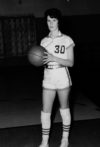 No athlete in the history of Fannin County sports, boy or girl, man or woman, was more accomplished in the art of scoring points in the game of basketball than Jackie Ledford Gilliam. Her amazing career accomplishments have landed Jackie a spot in the Fannin County Sports Hall of Fame Class of 2019.
No athlete in the history of Fannin County sports, boy or girl, man or woman, was more accomplished in the art of scoring points in the game of basketball than Jackie Ledford Gilliam. Her amazing career accomplishments have landed Jackie a spot in the Fannin County Sports Hall of Fame Class of 2019.






































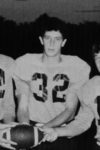 Randall Beavers joins his brother Ron as a member of the 2019 Fannin County Sports Hall of Fame induction class. Randall played football and basketball at East Fannin High School from 1967 through 1971.
Randall Beavers joins his brother Ron as a member of the 2019 Fannin County Sports Hall of Fame induction class. Randall played football and basketball at East Fannin High School from 1967 through 1971.




















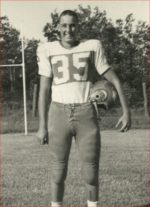 As a youngster growing up in the friendly confines of Epworth, Georgia, Ron Hartness marked the passage of time not so much as summer followed by fall followed by winter followed by spring but by the athletic uniform that he donned at various points during the year. Ron was a stellar all-around athlete and has been elected to the Fannin County Sports Hall of Fame Induction Class of 2019.
As a youngster growing up in the friendly confines of Epworth, Georgia, Ron Hartness marked the passage of time not so much as summer followed by fall followed by winter followed by spring but by the athletic uniform that he donned at various points during the year. Ron was a stellar all-around athlete and has been elected to the Fannin County Sports Hall of Fame Induction Class of 2019.





































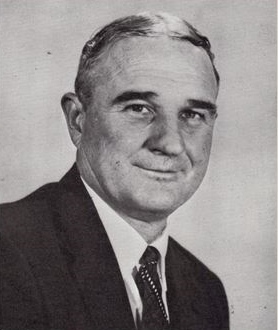 In recognition of his contributions as an early and lifetime supporter of the athletic programs in Fannin County schools, Travis Guthrie has been elected as a member of the 2019 class of the Fannin County Sports Hall of Fame.
In recognition of his contributions as an early and lifetime supporter of the athletic programs in Fannin County schools, Travis Guthrie has been elected as a member of the 2019 class of the Fannin County Sports Hall of Fame.









































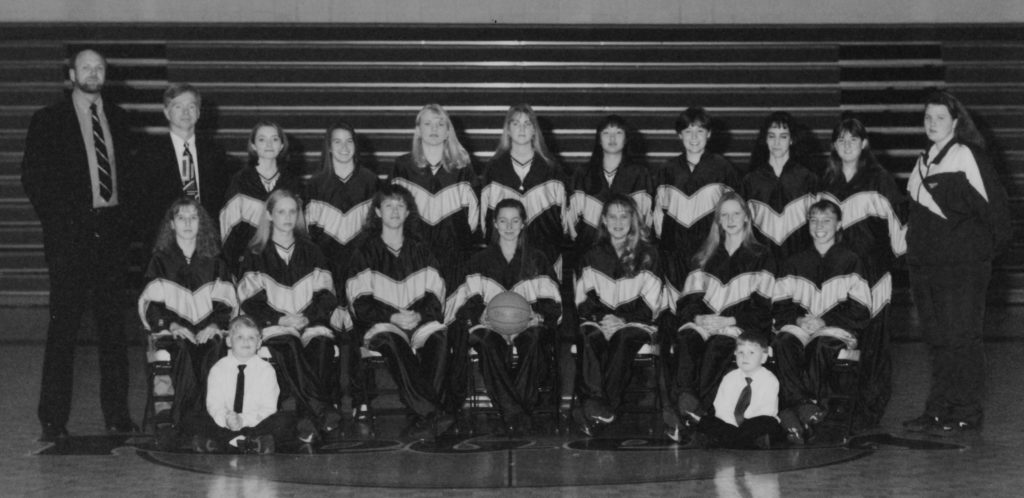 Johnny Farmer coached the Fannin County High School girls team from 1981-2007. During his time at the school, the Lady Rebels won a total of 509 games, won two state championships and finished as state runners-up on two occasions. The 1996-97 Fannin County High School girls team advanced to the Class AA championship game before losing to Thomasville. In recognition of their dramatic journey to the final game, the 1996-97 Fannin County Lady Rebels team has been chosen as the team selection in the Fannin County Sports Hall of Fame induction class of 2018.
Johnny Farmer coached the Fannin County High School girls team from 1981-2007. During his time at the school, the Lady Rebels won a total of 509 games, won two state championships and finished as state runners-up on two occasions. The 1996-97 Fannin County High School girls team advanced to the Class AA championship game before losing to Thomasville. In recognition of their dramatic journey to the final game, the 1996-97 Fannin County Lady Rebels team has been chosen as the team selection in the Fannin County Sports Hall of Fame induction class of 2018.




















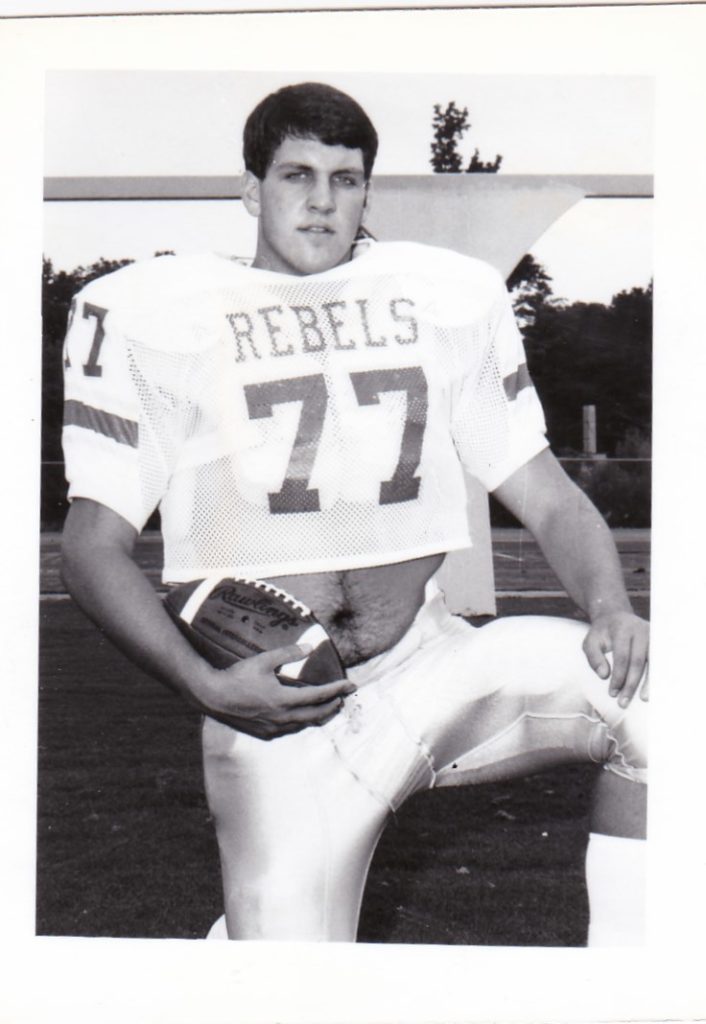 Between 1985 and 1993 Tim Jabaley played the game of football as an offensive lineman first at Fannin County High School and then at the University of Tennessee at Chattanooga. His proficiency at that craft has been recognized by the Fannin County Sports Hall of Fame voters who have elected him to the induction class of 2018. Tim also played in the defensive line at Fannin County but is best remembered for his performances on the offensive side of the line of scrimmage.
Between 1985 and 1993 Tim Jabaley played the game of football as an offensive lineman first at Fannin County High School and then at the University of Tennessee at Chattanooga. His proficiency at that craft has been recognized by the Fannin County Sports Hall of Fame voters who have elected him to the induction class of 2018. Tim also played in the defensive line at Fannin County but is best remembered for his performances on the offensive side of the line of scrimmage.




























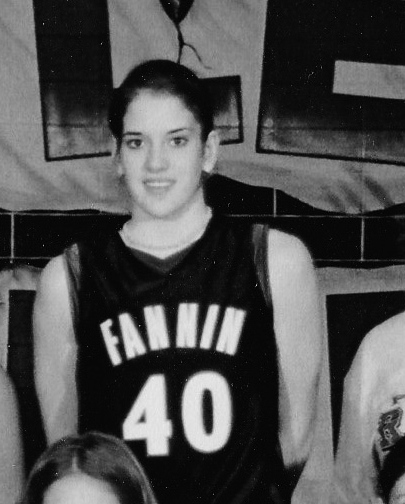 2018 Fannin County Sports Hall of Fame inductee Stephanie Scearce began her competitive basketball career as a second grader and did not hang up her sneakers until a knee injury permanently sidelined her just before her senior season at Kennesaw State University. It was her third serious knee injury in a career full of a lot of euphoric highs and a few devastating lows.
2018 Fannin County Sports Hall of Fame inductee Stephanie Scearce began her competitive basketball career as a second grader and did not hang up her sneakers until a knee injury permanently sidelined her just before her senior season at Kennesaw State University. It was her third serious knee injury in a career full of a lot of euphoric highs and a few devastating lows.


















 2018 Fannin County Sports Inductee Mandy Anderson scored more than 1,000 points during her basketball career at Fannin County High School between 1999 and her graduation in the spring of 2003. She then continued her basketball career at Reinhardt University in Waleska, Georgia where she scored 1,138 points in a four year career with the Lady Eagles making her the only basketball player in the history of Fannin County to score more than 1,000 points at both the high school and college level.
2018 Fannin County Sports Inductee Mandy Anderson scored more than 1,000 points during her basketball career at Fannin County High School between 1999 and her graduation in the spring of 2003. She then continued her basketball career at Reinhardt University in Waleska, Georgia where she scored 1,138 points in a four year career with the Lady Eagles making her the only basketball player in the history of Fannin County to score more than 1,000 points at both the high school and college level.





























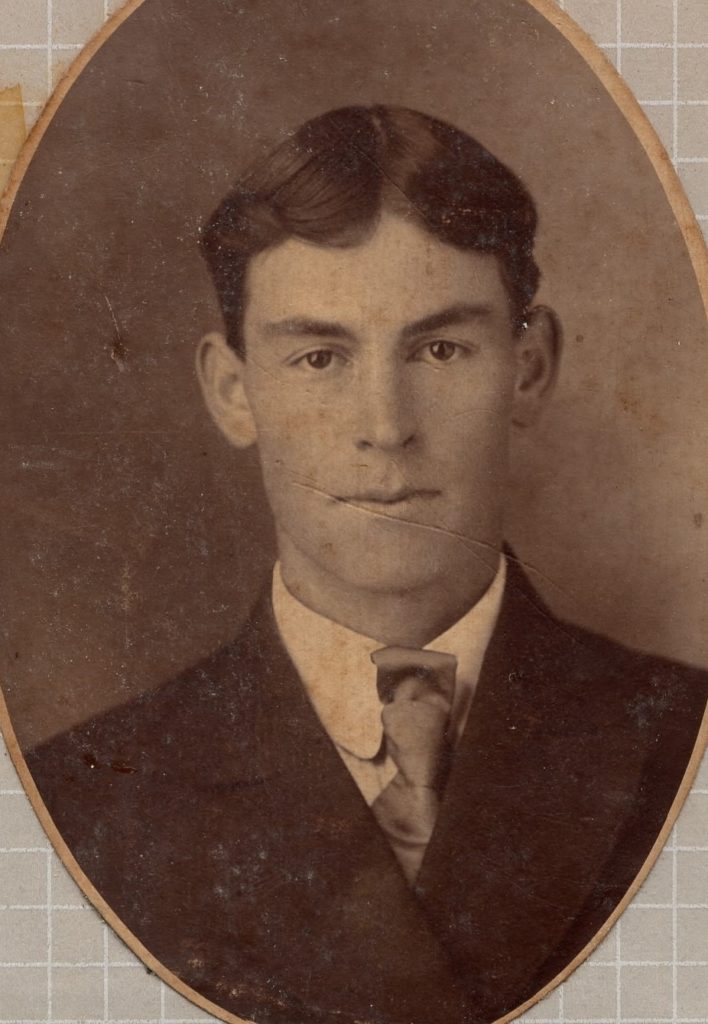 r women like John Mercer Carter only come along once or twice in a generation. Mr. Carter was a man of extraordinary character, vision and energy who devoted much of his 102 years on earth to education, athletics and public service in and around Fannin County. In recognition of his many accomplishments and contributions to athletics, both as a participant and as a coach and administrator, John Carter has been elected to the Fannin County Sports Hall of Fame Class of 2018.John was born in the community of Cobbs, North Carolina, close to the Georgia border in September, 1886. His father J.M. Carter was an educator and evangelist of some note who moved the family to Mineral Bluff and then to a farm near Morganton, Georgia before John reached the age of 10. J.M. Carter was one of the principals in the establishment of the North Georgia Baptist College in Morganton, a school that provided a quality education to students between grade one through two years of college. It was here that John Carter received his rudimentary education before moving on to the University of Georgia to complete the requirements to teach in schools at that time. He began his teaching career at a one room school in Hemp, Georgia in 1908.John Carter discovered the game of baseball around the turn of the century. In his book ‘Trails of the Past’, Carter tells of visits to his grandparents in Bellvue, North Carolina after his family had moved to Morganton. Another young man, Ty Cobb, who was two months younger than John, also visited his grandparents in the same community around that same time. The two boys played together as youngsters and, most likely faced each other in baseball games during the early years of the century. John had begun his career with the team from North Georgia Baptist College and Ty was often drafted to play with the semi-pro team in nearby Murphy, North Carolina while visiting in Bellevue. Cobb began his professional career when he signed with the Augusta, Georgia team in April, 1904, just as John Carter was completing his high school education.
r women like John Mercer Carter only come along once or twice in a generation. Mr. Carter was a man of extraordinary character, vision and energy who devoted much of his 102 years on earth to education, athletics and public service in and around Fannin County. In recognition of his many accomplishments and contributions to athletics, both as a participant and as a coach and administrator, John Carter has been elected to the Fannin County Sports Hall of Fame Class of 2018.John was born in the community of Cobbs, North Carolina, close to the Georgia border in September, 1886. His father J.M. Carter was an educator and evangelist of some note who moved the family to Mineral Bluff and then to a farm near Morganton, Georgia before John reached the age of 10. J.M. Carter was one of the principals in the establishment of the North Georgia Baptist College in Morganton, a school that provided a quality education to students between grade one through two years of college. It was here that John Carter received his rudimentary education before moving on to the University of Georgia to complete the requirements to teach in schools at that time. He began his teaching career at a one room school in Hemp, Georgia in 1908.John Carter discovered the game of baseball around the turn of the century. In his book ‘Trails of the Past’, Carter tells of visits to his grandparents in Bellvue, North Carolina after his family had moved to Morganton. Another young man, Ty Cobb, who was two months younger than John, also visited his grandparents in the same community around that same time. The two boys played together as youngsters and, most likely faced each other in baseball games during the early years of the century. John had begun his career with the team from North Georgia Baptist College and Ty was often drafted to play with the semi-pro team in nearby Murphy, North Carolina while visiting in Bellevue. Cobb began his professional career when he signed with the Augusta, Georgia team in April, 1904, just as John Carter was completing his high school education.






















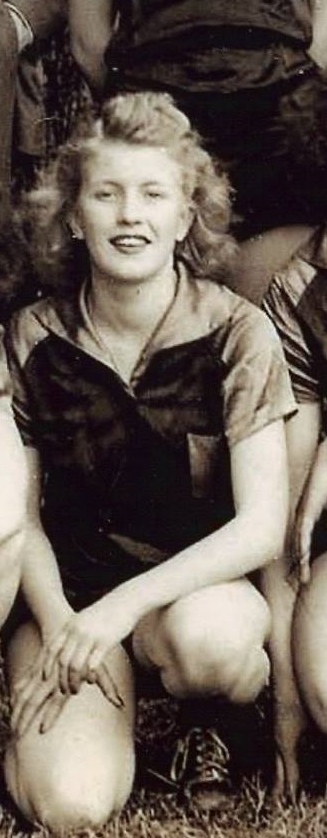 When asked about her style as a basketball player, Jean Henry Zachary says that “I was scrappy”. Webster defines ‘scrappy’ as ‘aggressive and determined in spirit’. Without question, Jean was definitely aggressive, determined in spirit and much more during her basketball career at Fannin County High School in Morganton from 1945 through 1948. As a matter of fact, the excellence of her performance throughout that three year period has landed her a membership card in the Fannin County Sports Hall of Fame.
When asked about her style as a basketball player, Jean Henry Zachary says that “I was scrappy”. Webster defines ‘scrappy’ as ‘aggressive and determined in spirit’. Without question, Jean was definitely aggressive, determined in spirit and much more during her basketball career at Fannin County High School in Morganton from 1945 through 1948. As a matter of fact, the excellence of her performance throughout that three year period has landed her a membership card in the Fannin County Sports Hall of Fame.






















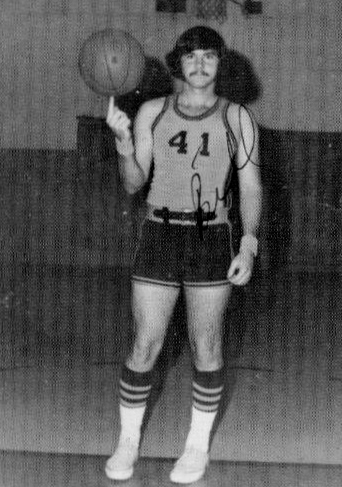 On the afternoon of November 3, 2007, Morganton favorite son and 2017 Fannin County Sports Hall of Fame electee, Bill Stephens settled into his seat at historic Notre Dame Stadium in South Bend, Indiana. Bill was there to watch his son Jordan, a strapping 270 defensive lineman for the Navy Midshipmen do battle in a gridiron war with the Notre Dame Fighting Irish. At the beginning of the game, Bill probably had no inkling that he would see history made that day.
On the afternoon of November 3, 2007, Morganton favorite son and 2017 Fannin County Sports Hall of Fame electee, Bill Stephens settled into his seat at historic Notre Dame Stadium in South Bend, Indiana. Bill was there to watch his son Jordan, a strapping 270 defensive lineman for the Navy Midshipmen do battle in a gridiron war with the Notre Dame Fighting Irish. At the beginning of the game, Bill probably had no inkling that he would see history made that day.






































